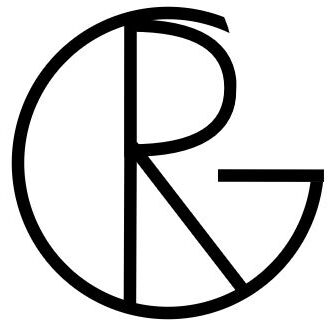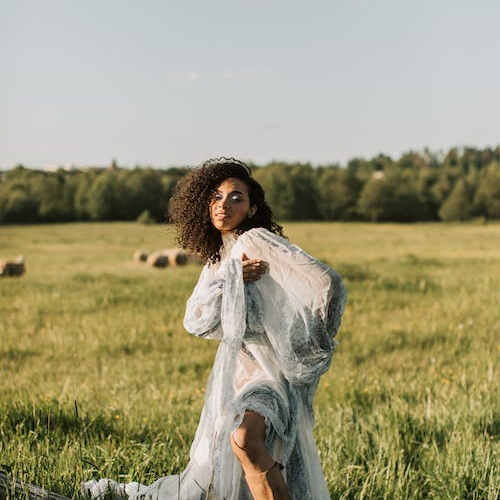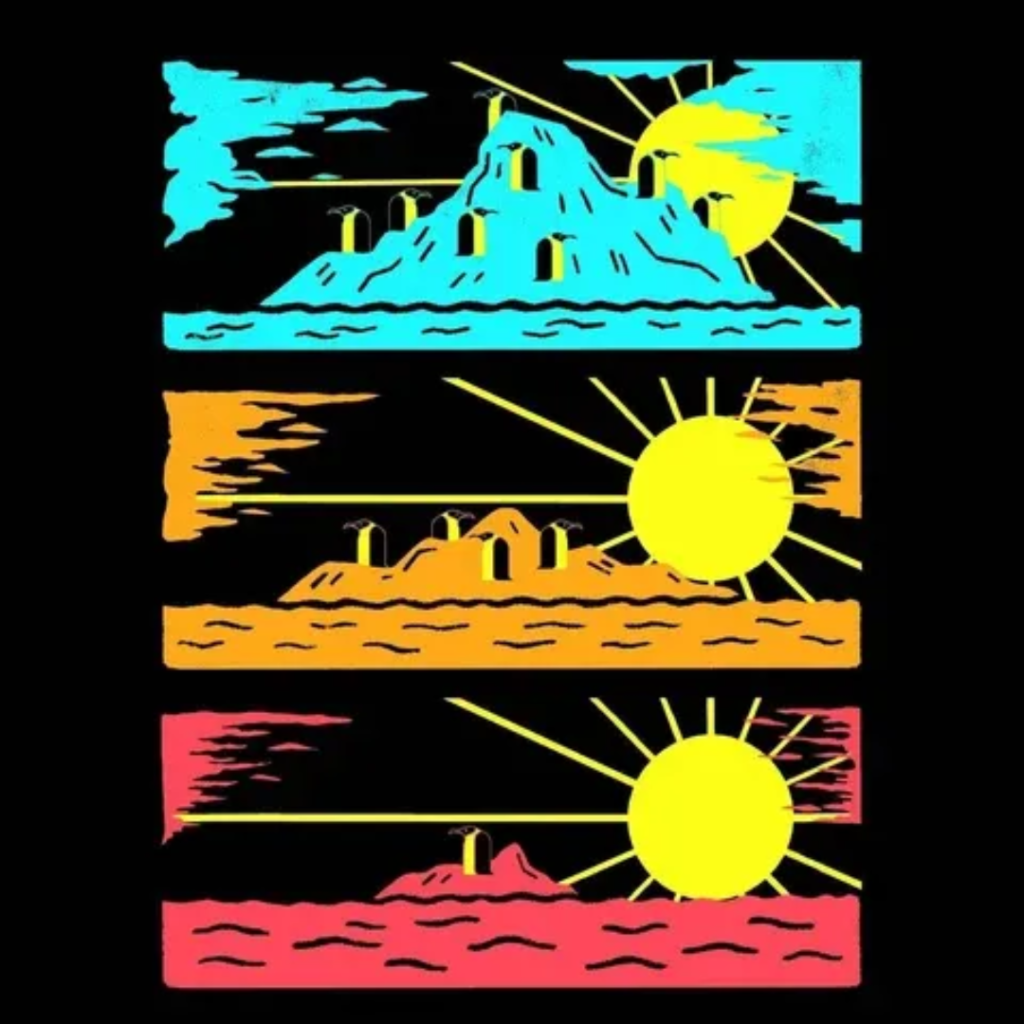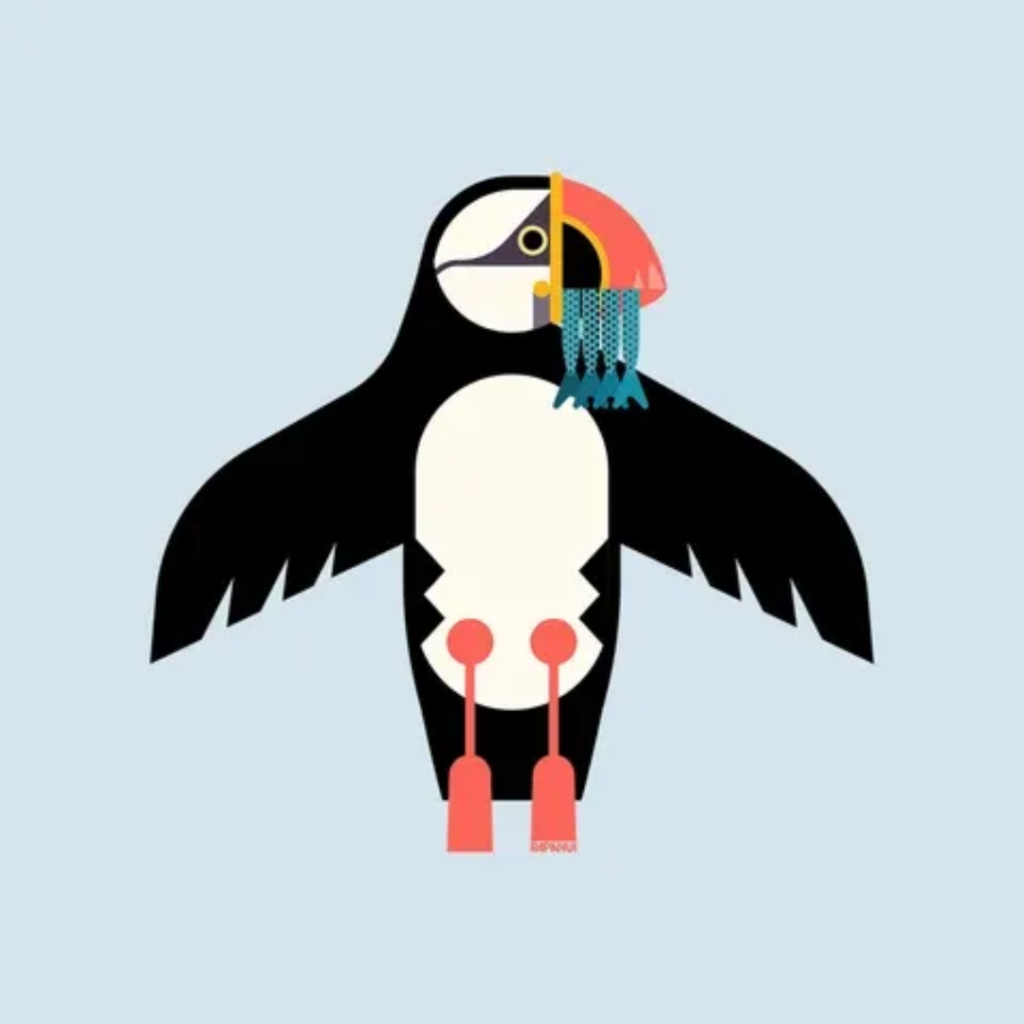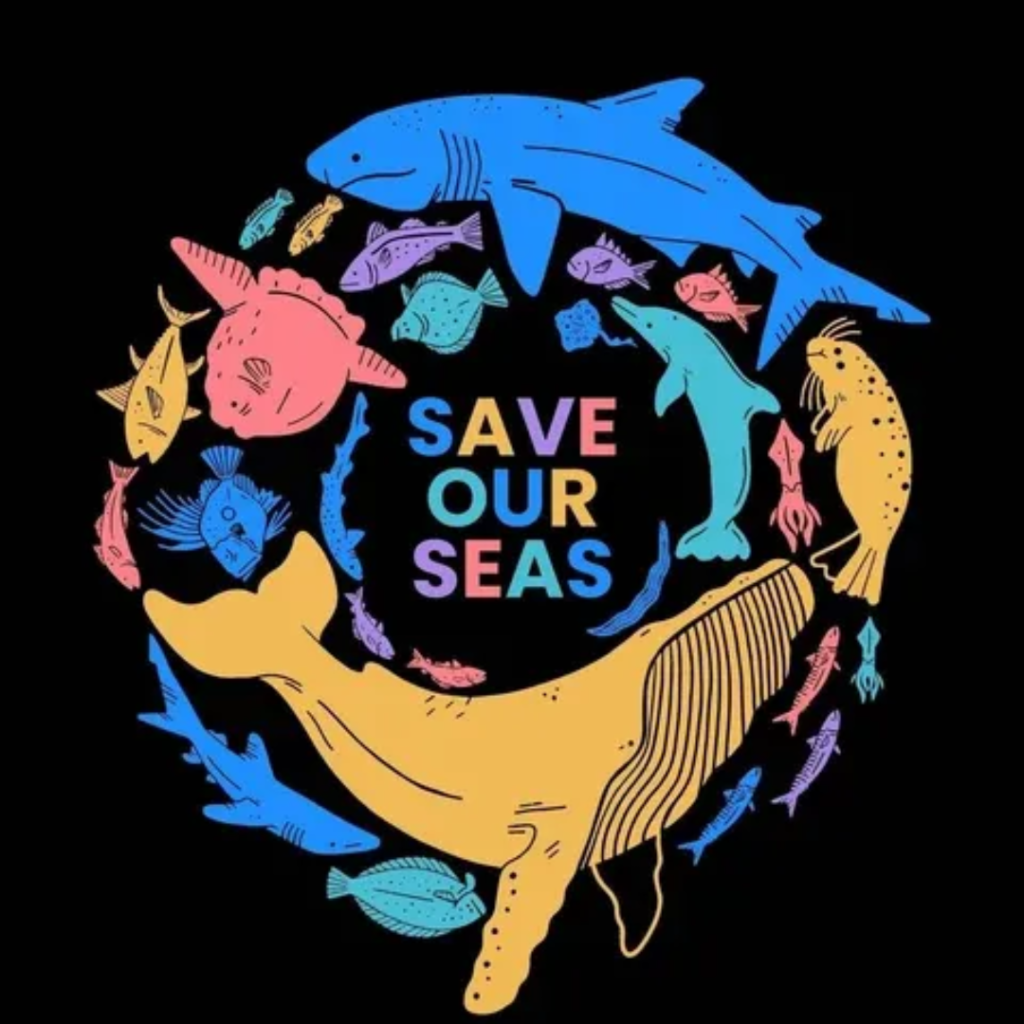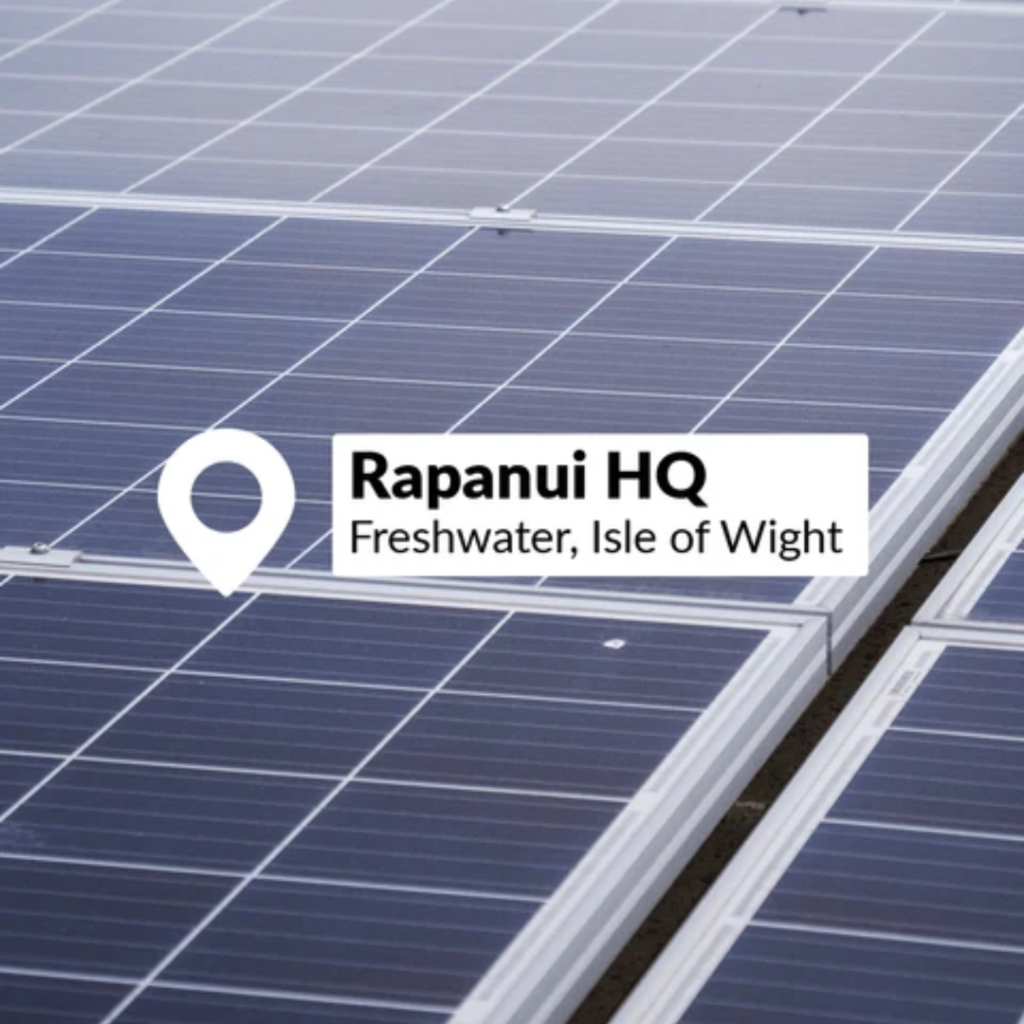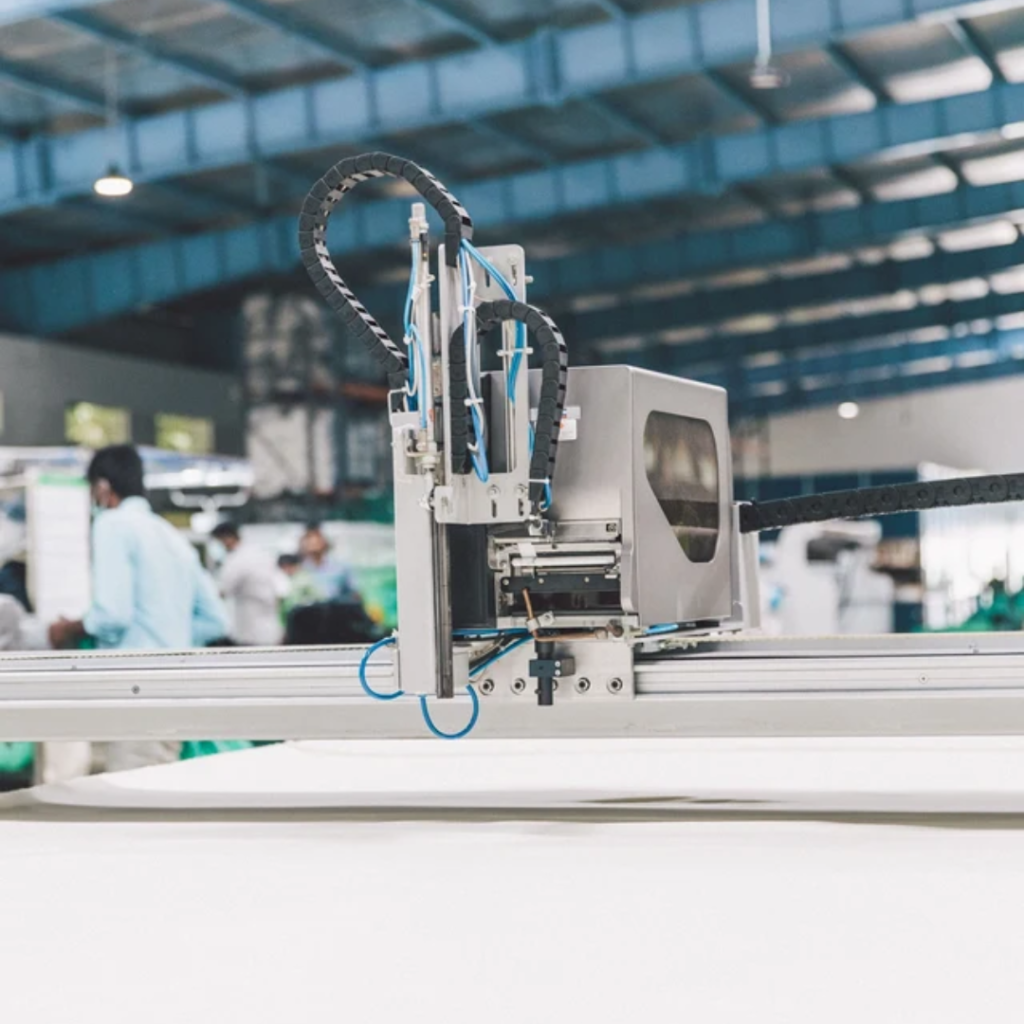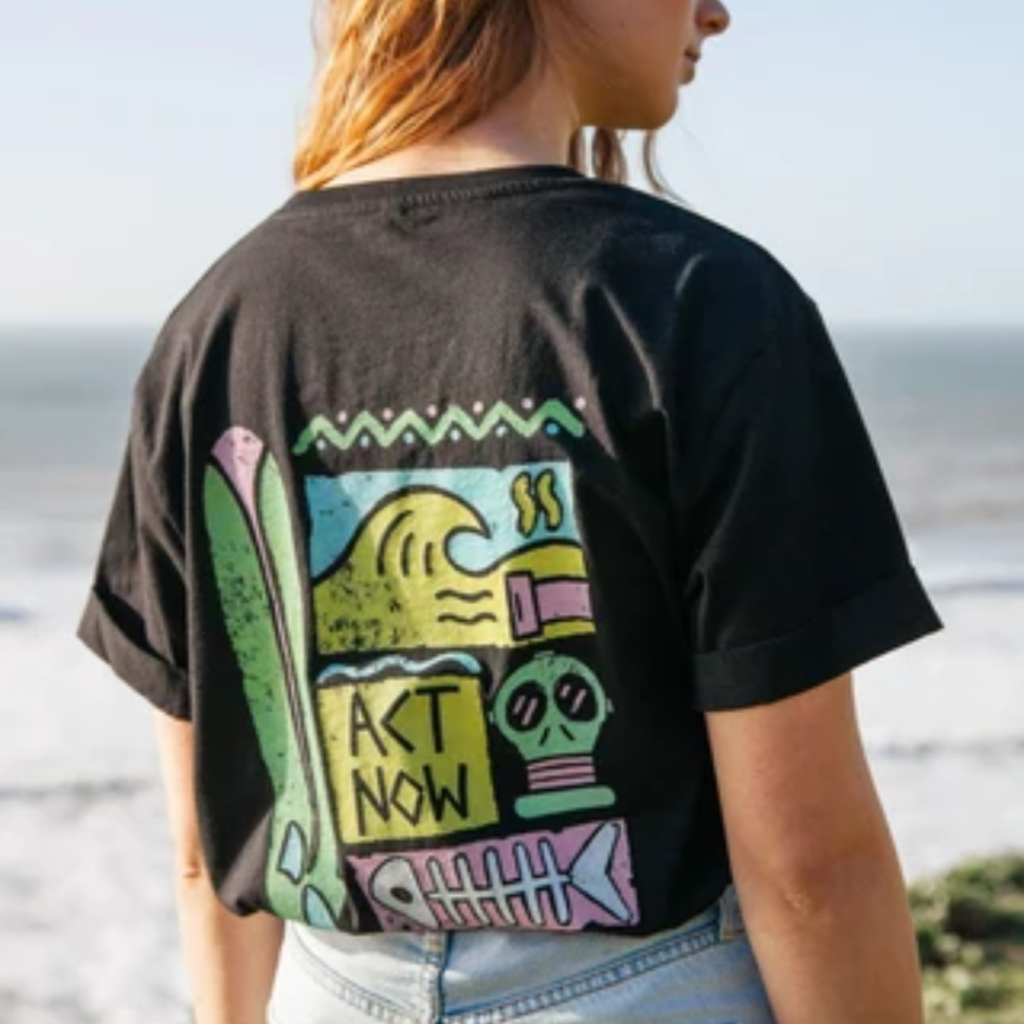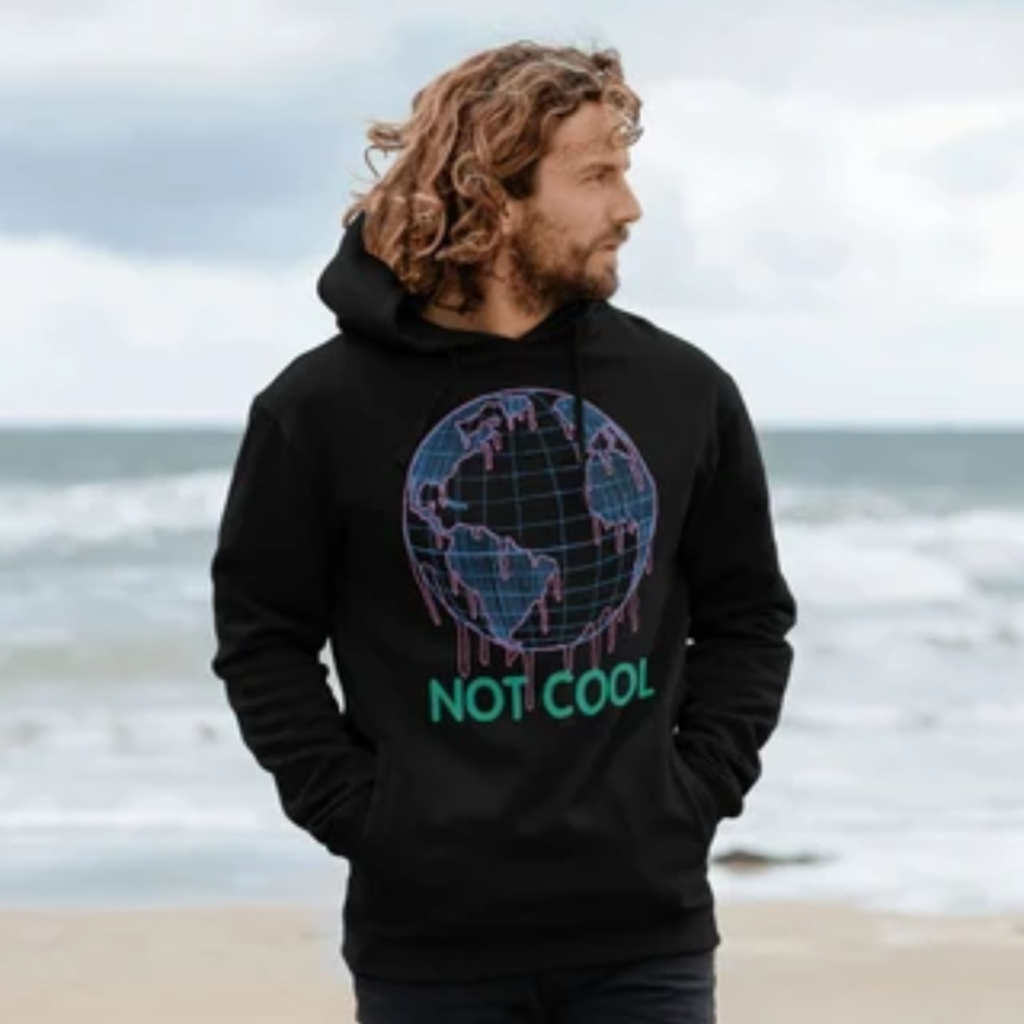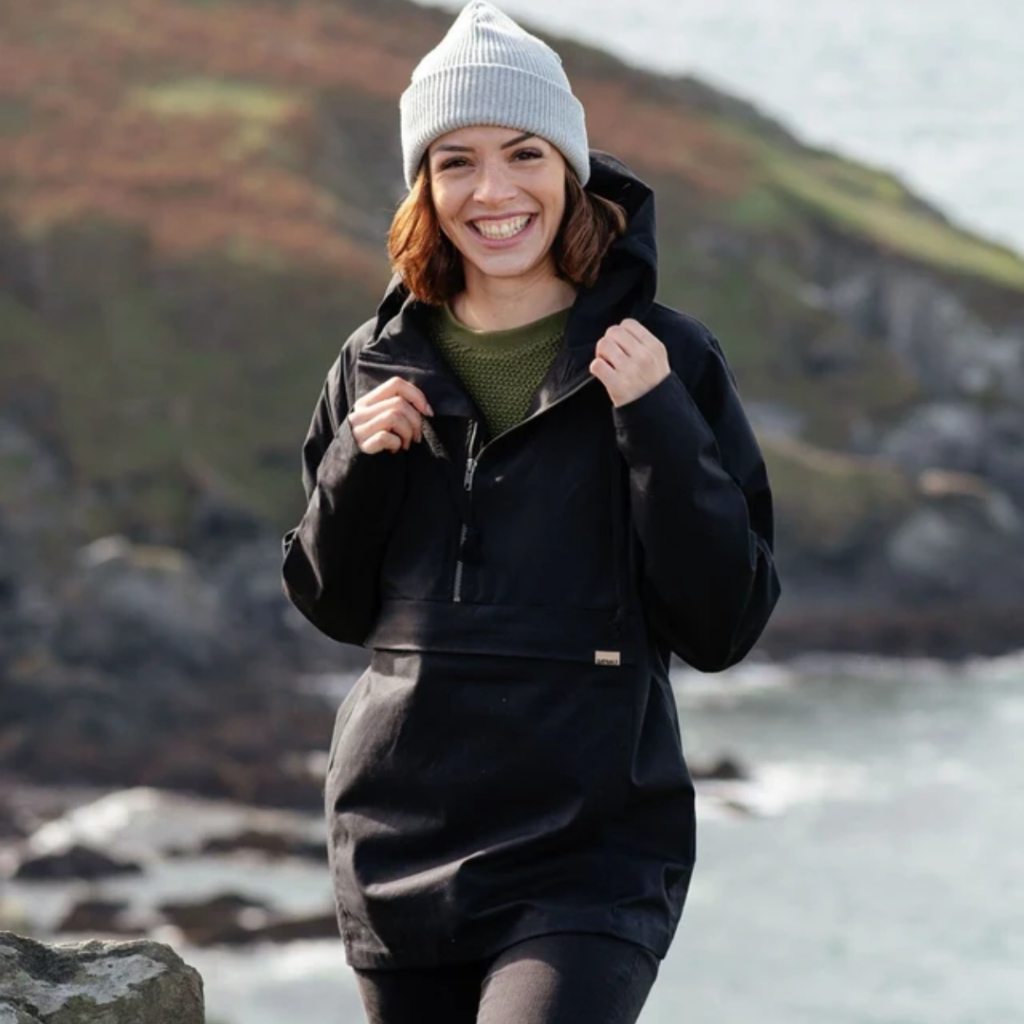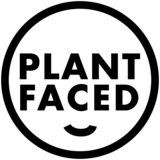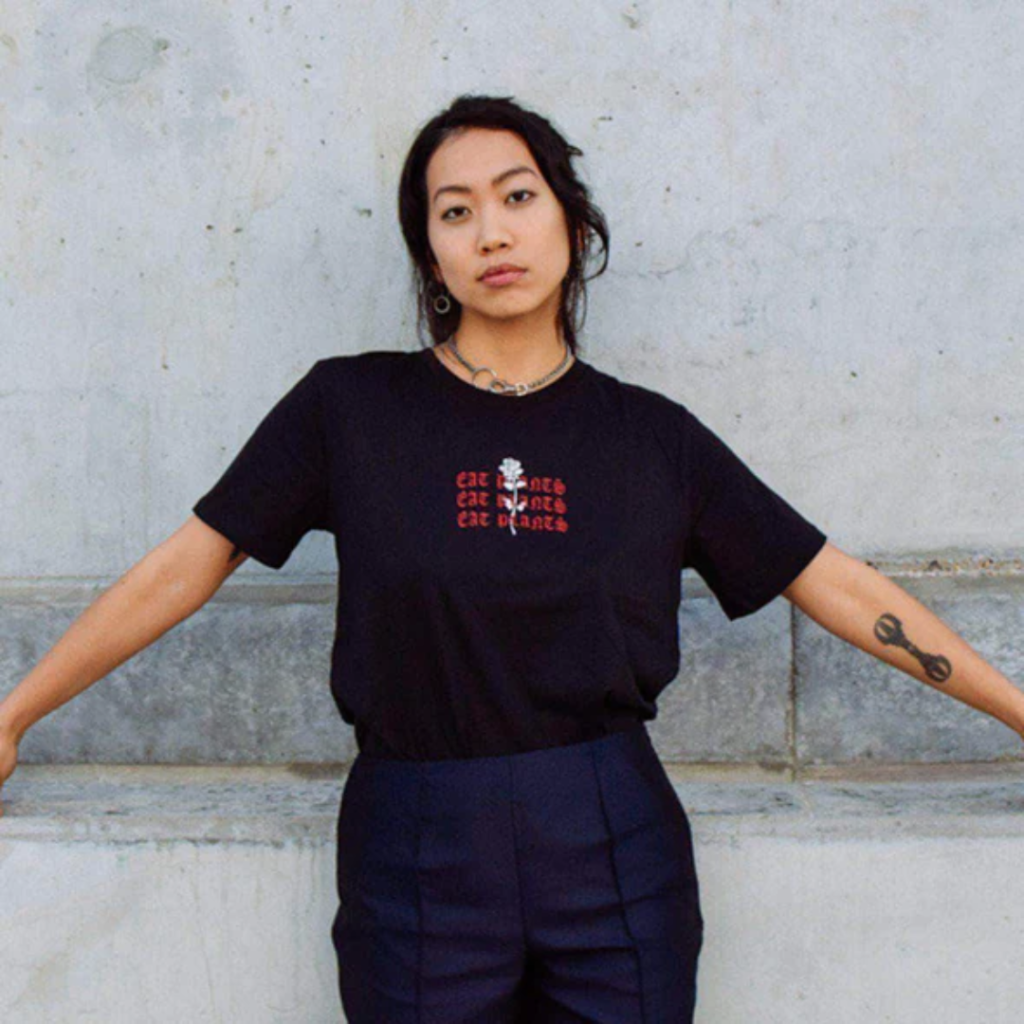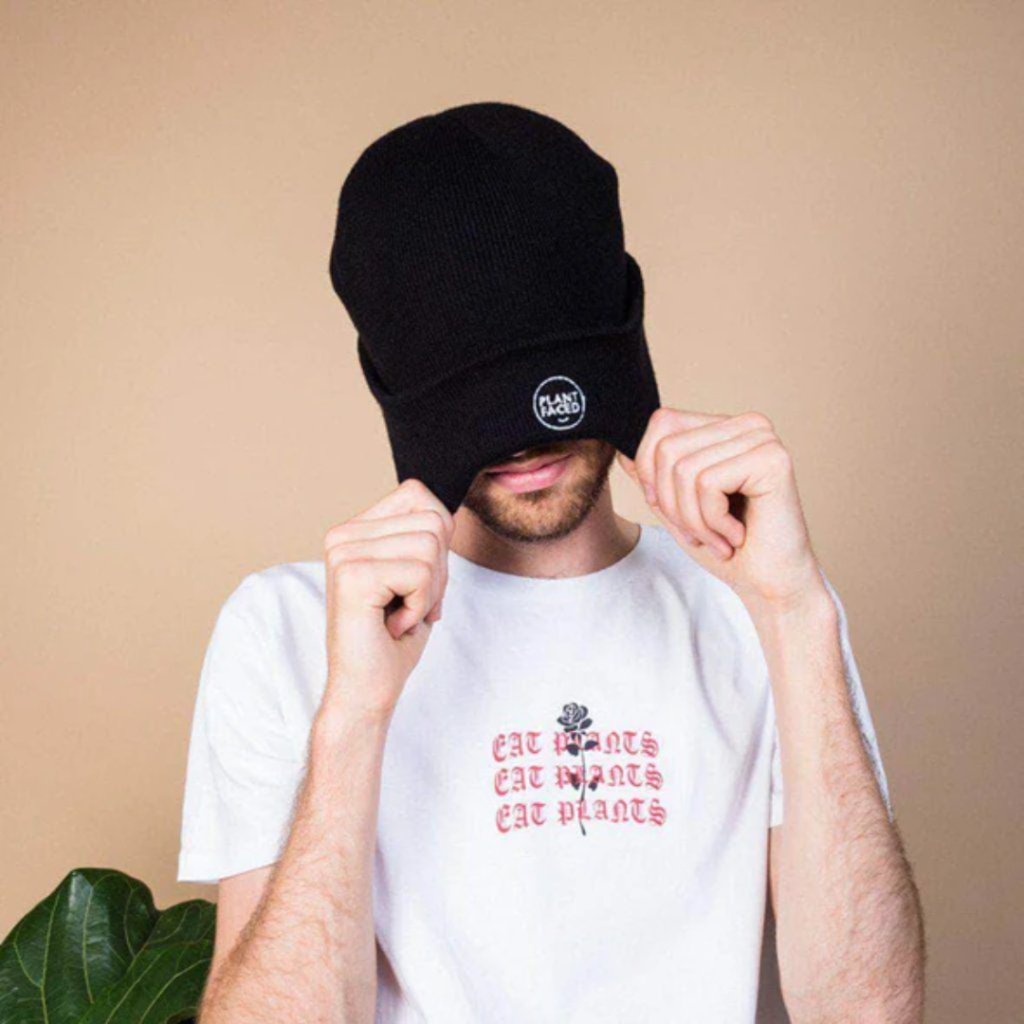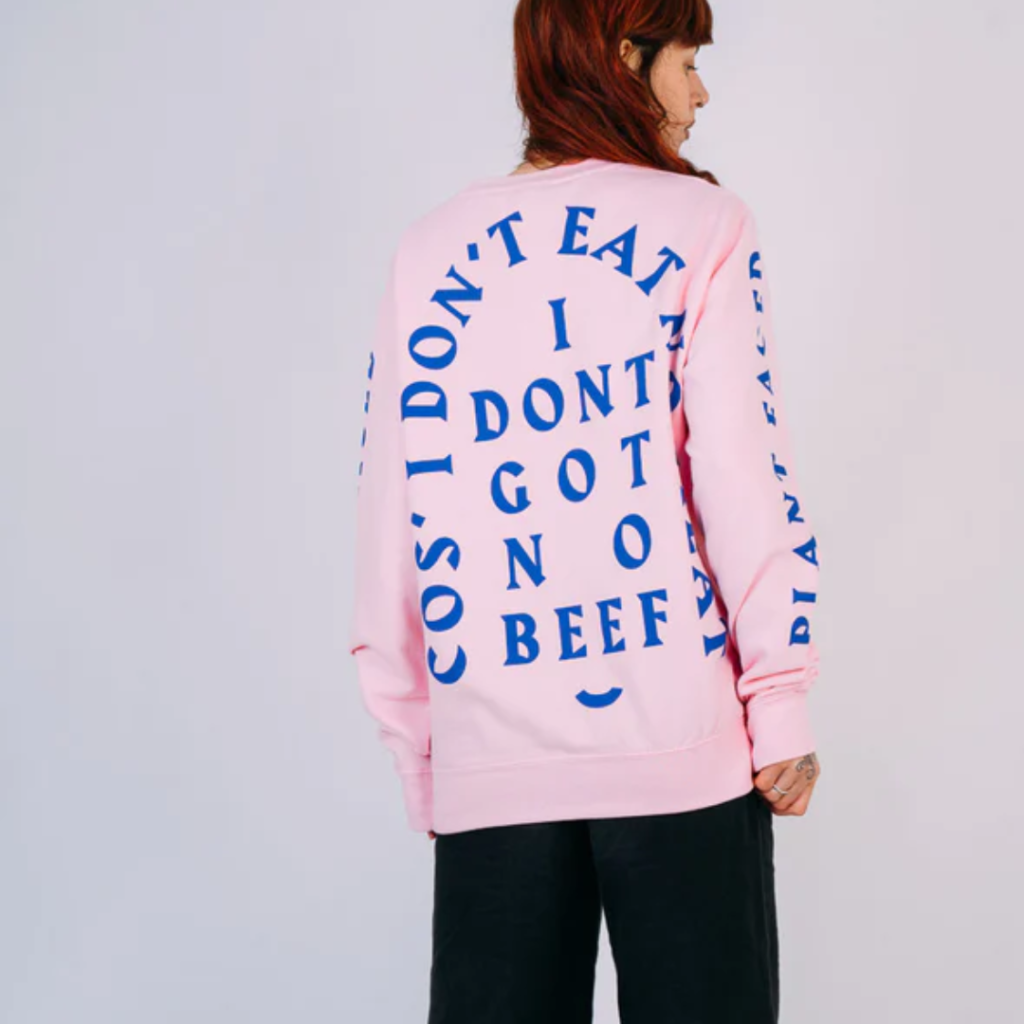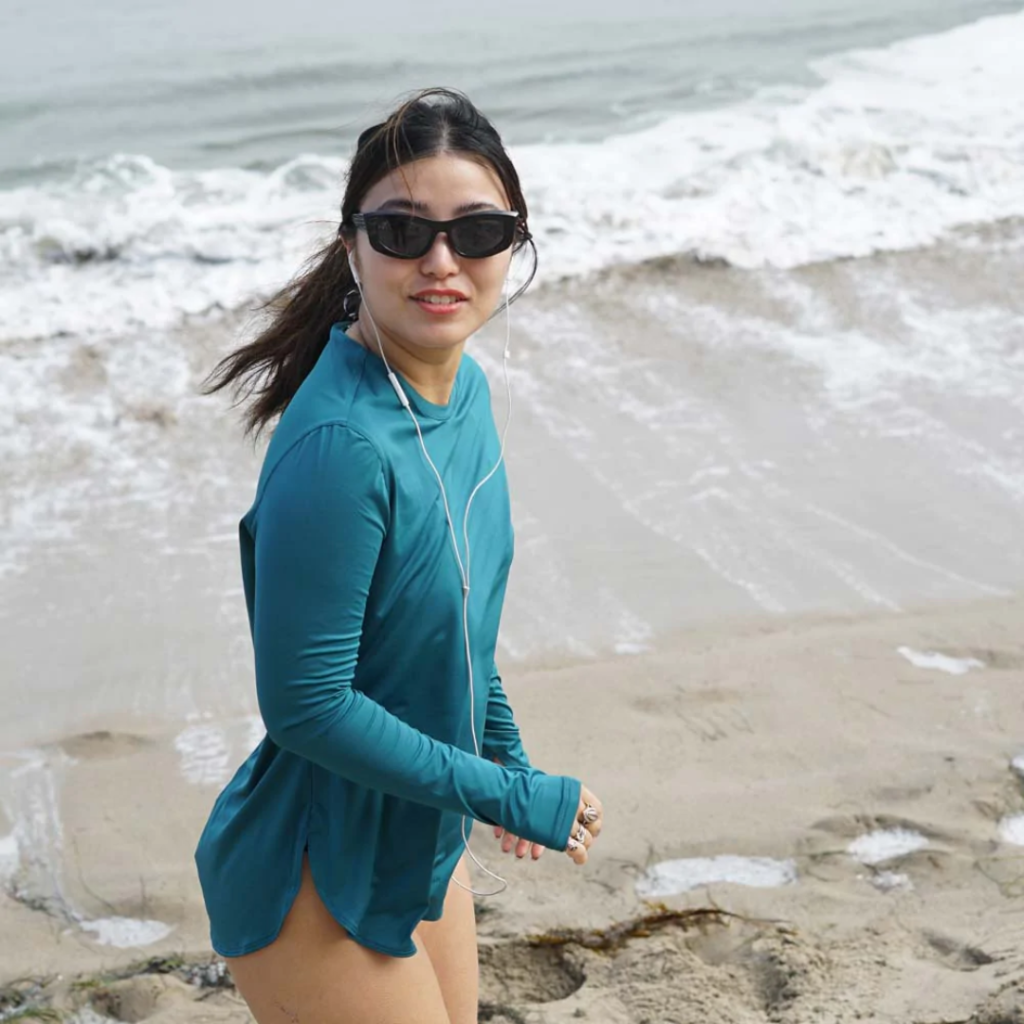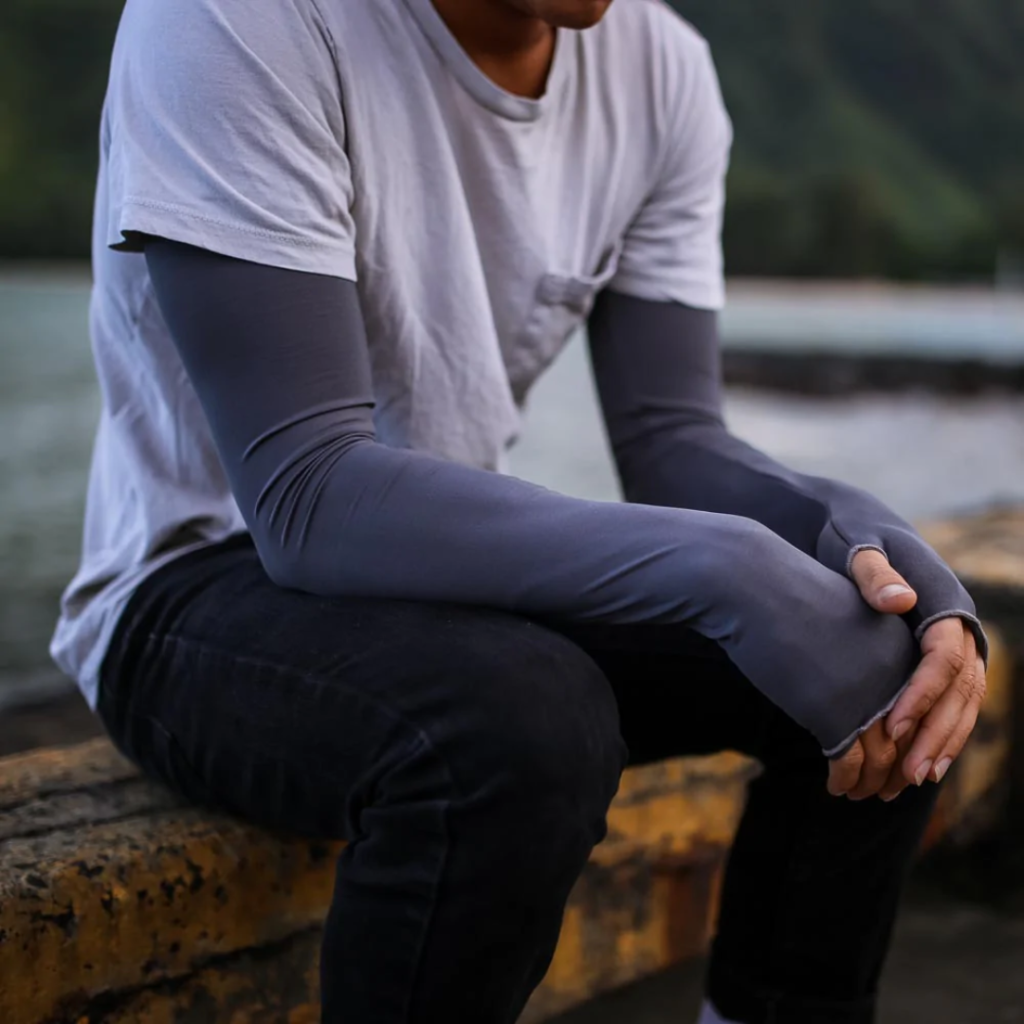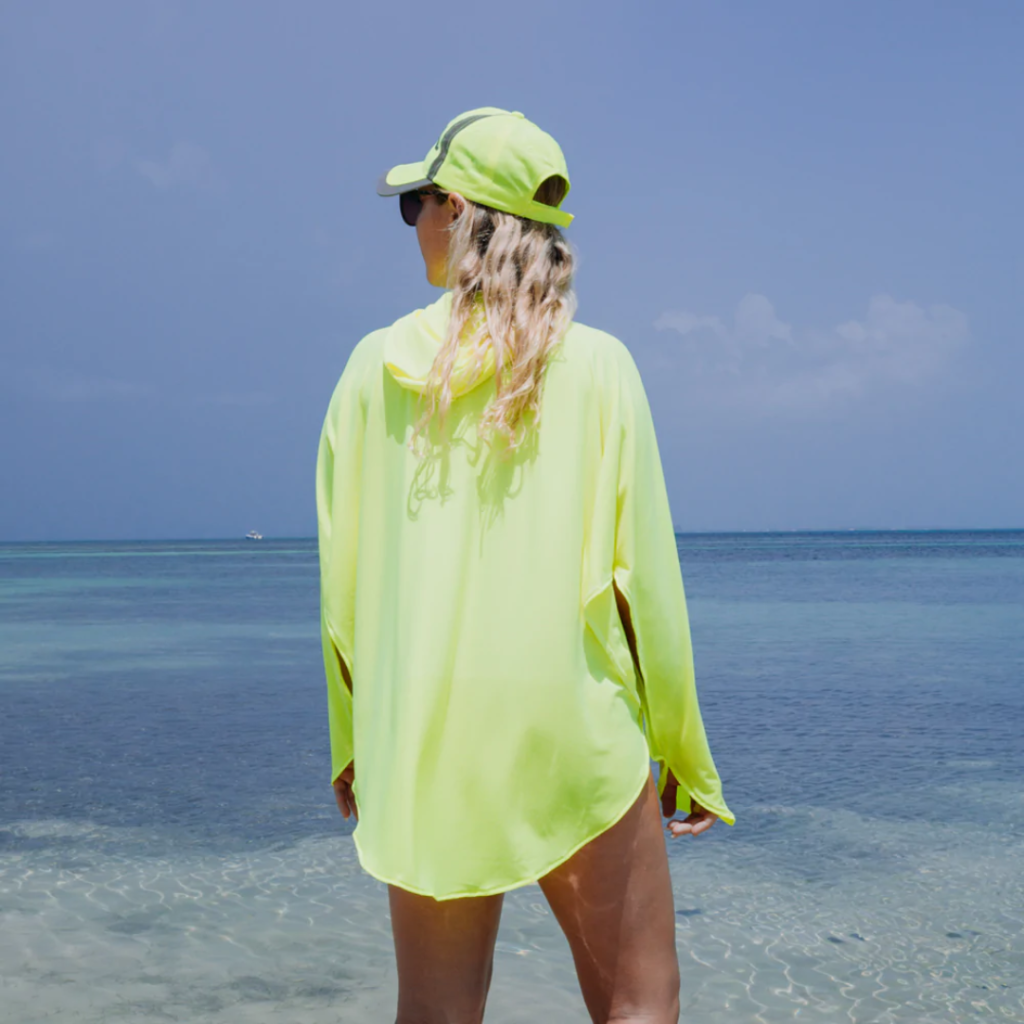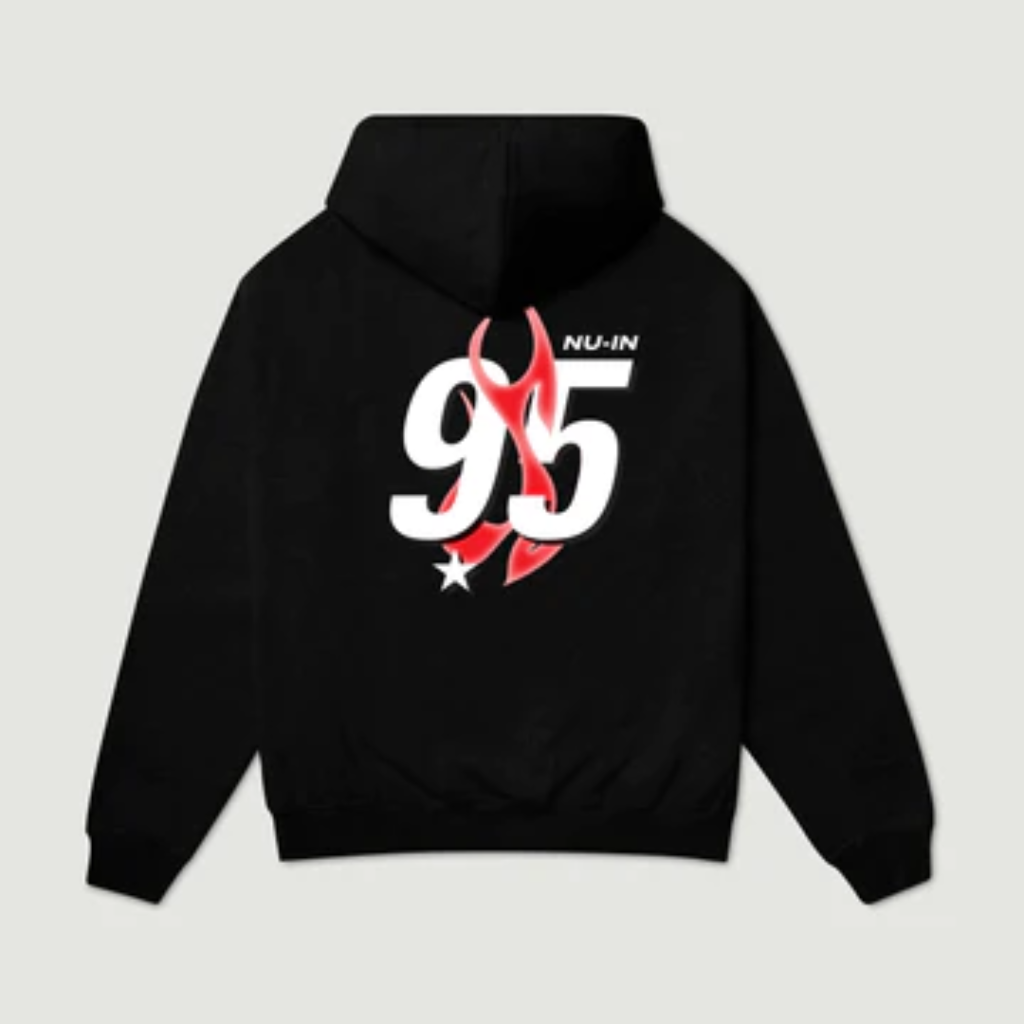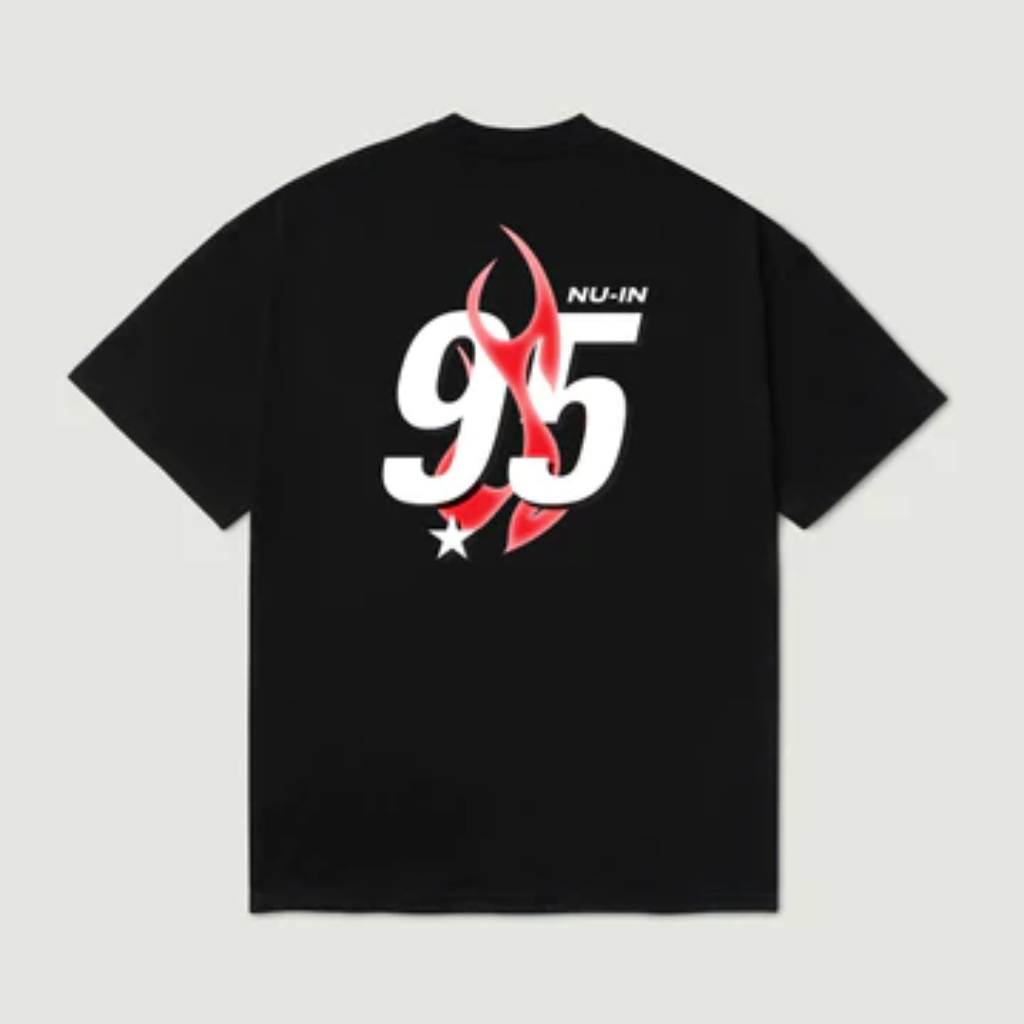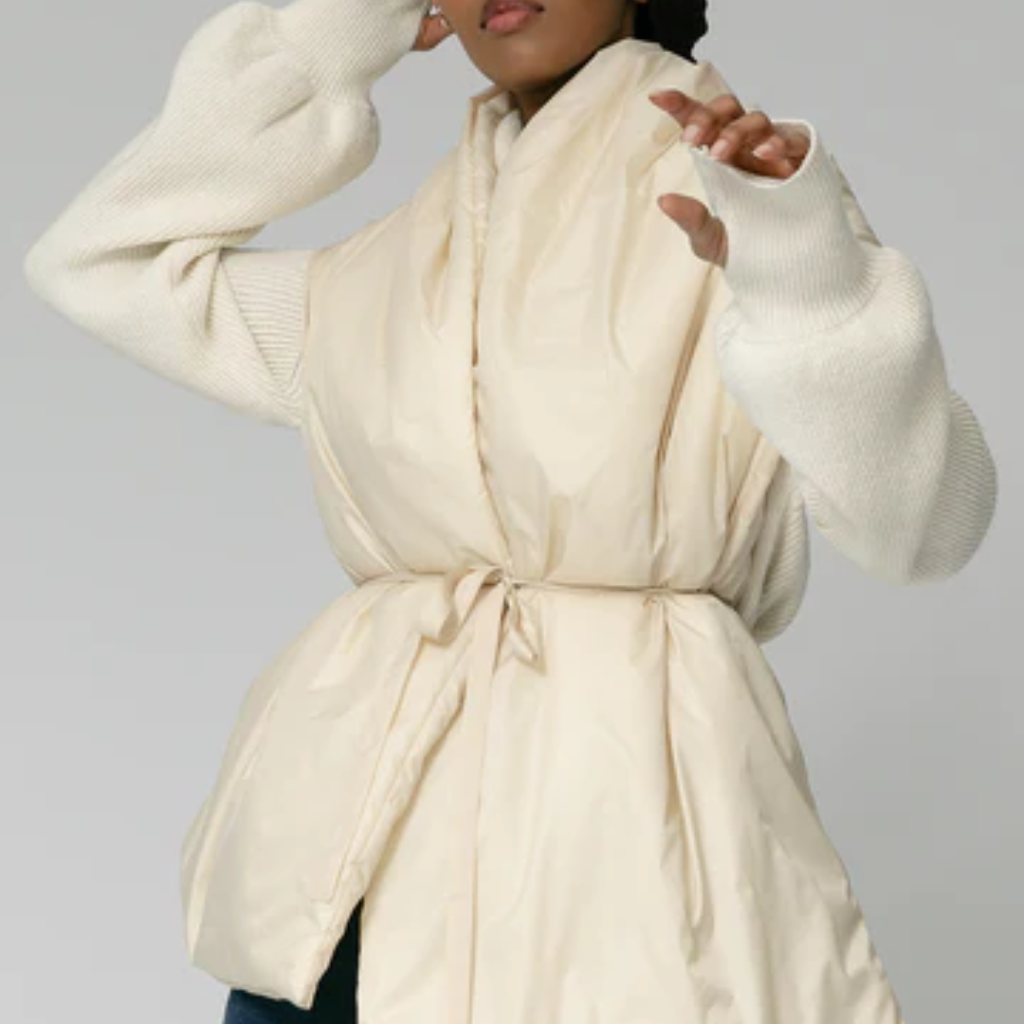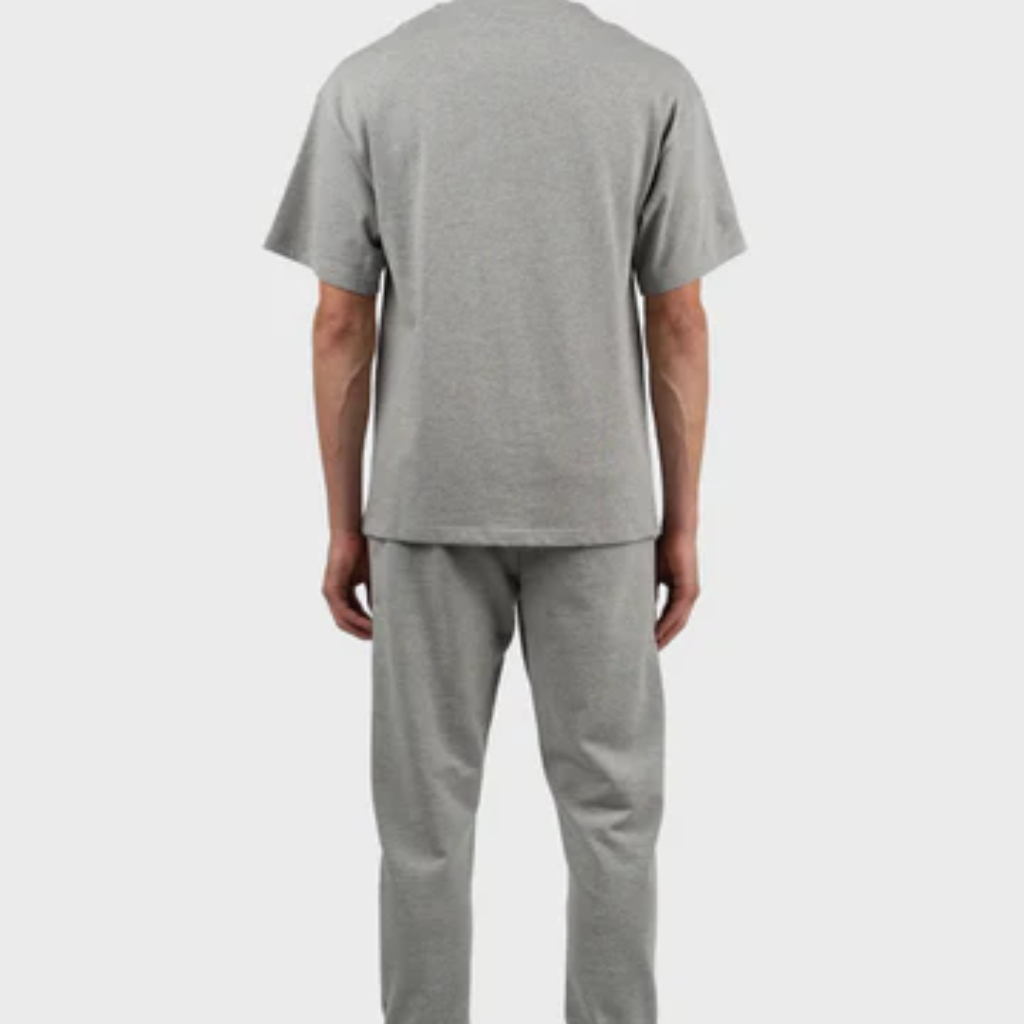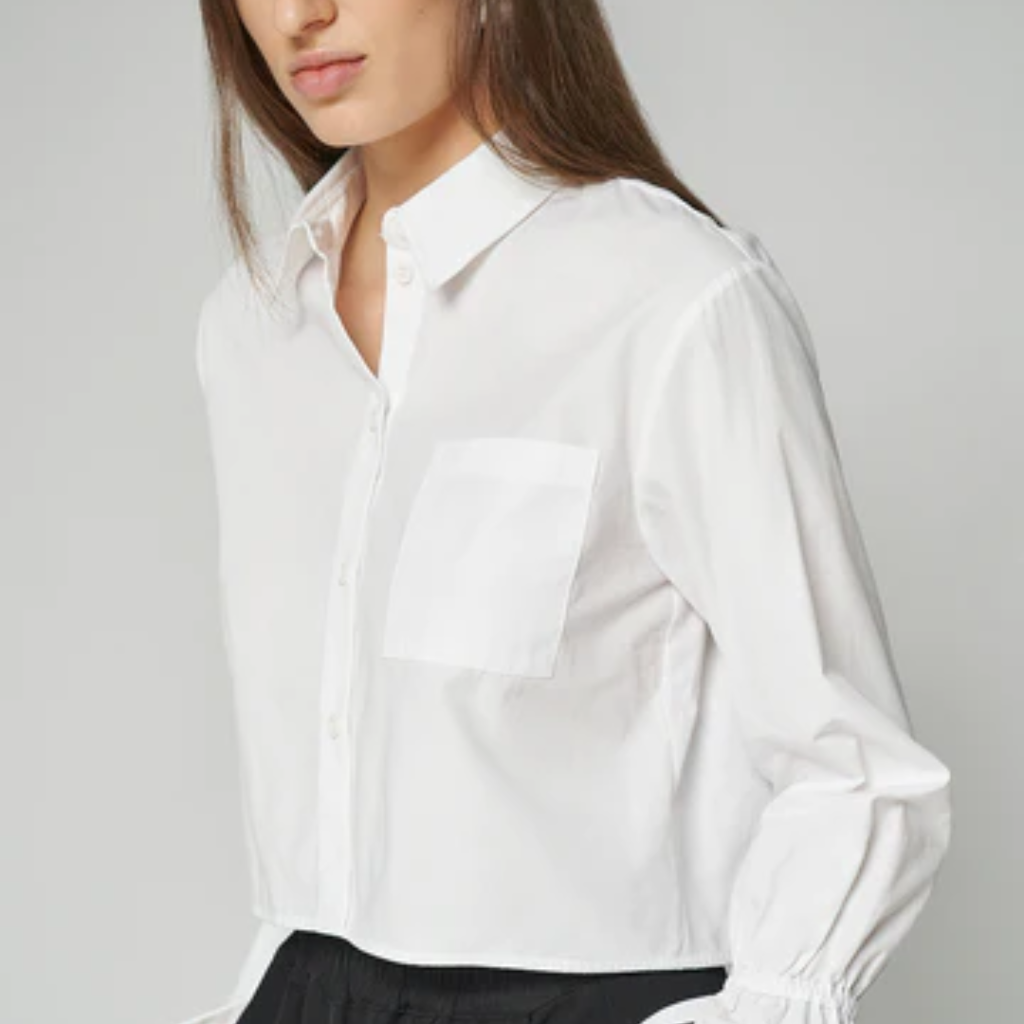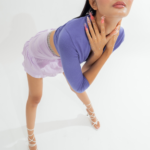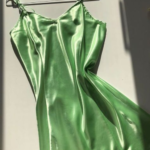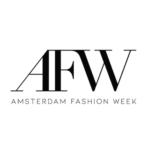Many people would like to buy clothes from sustainable fashion brands rather than fast-fashion brands, but they find them way too expensive.
This is very true, compared to fast-fashion brands, sustainable fashion brands are much more expensive because of many different reasons.
For example, the cost of the raw materials for sustainable clothes is much higher because it needs to be organic, natural, or recycled. Next to this, manufacturing is also more expensive because the quality needs to be higher so that the clothes are actually durable. Moreover, for sustainable fashion ethical treatment of the garment workers is also expected which is also costly compared to the sweatshops used by fast fashion brands.
While the quality of sustainable fashion is usually much better and the designs are meant to be timeless, it does not mean that everyone can actually afford to spend 300 euros on a t-shirt.
So in this blog post, I will discuss 4 “affordable” sustainable fashion brands (please keep in mind that these are still pricier than fast fashion).
Rapanui
In 2008 brothers Mart and rob Drake-knight founded the clothing brand Rapanui. The brothers were inspired by the changing environment and climate that they saw while surfing at their local beach. They started Rapanui in the midst of the recession with the idea that “if you can’t find a job, make one”. And so, with a budget of £200, they started the company.
Usually, in the fashion industry, products are made in massive amounts in order to keep the cost as low as possible. However, this leads to huge batches of clothing that is never worn: hence a big waste.
For Rapanui, this is much different. The brand uses advanced technology which gives them the ability to only print what people order, and no excessive products are made.
Throughout the whole supply chain, all factories are powered by renewable energy sources like solar farms and wind farms.
In addition, the products are made from organic cotton. For the growth of the organic crop, no pesticides or chemical fertilizers are used, which means that it is better for the ecosystem. Organic cotton also needs less water compared to its non-organic crop, but it remains a thirsty crop. Therefore, Rapanui uses is grown in India, where the monsoons fill the reservoir that supplies almost all water needed.
Additionally, all products are certified STANDARD 100 by OEKO-TEX® which ensures that no harmful substances are used.
The wastewater of the fashion industry is loaded with dyes and chemicals that are a huge source of pollution because of the detrimental effect it has on the environment. The wastewater from Rapanui’s dyehouse is recovered, cleaned, and recirculated, making it clean enough to drink. Nonetheless, it is not used as drink water, but instead used for the next products.
Last, once a customer is done with the clothing from Rapanui they can send it back and the brand will recycle it, so the materials can be used in new clothing items.
Rapanui offers many products for less than 30 euros and even has a 10% off offer for first-time clients.
If you want to see more of Rapanui, please visit their website or take a look at their Instagram (@rapanuiclothing).
Plant Faced Clothing
Plant Faced clothing is, as you might have guessed by the name, a vegan ethical fashion brand founded by Charlie McEvoy. It is a streetwear brand that combines fashion, art, design, music, skate, surf, tattoo culture, and a plant-based, cruelty-free lifestyle. McEvoy started the brand after they turned vegan in 2015 and couldn’t find any fashion brand that held the same morals as them.
In their product, Plant Faced uses mainly organic and recycled materials. One of those materials is organic cotton, which as mentioned above does not use harmful pesticides and fertilizers as normal cotton, and also requires less water. Plan Faced’s cotton is also regularly rotated so that the soil remains healthy.
Another material that is used in the products of the brand is recycled polyester. Polyester is a material that is made from plastic, which highly polluting for the environment since it is not biodegradable. Instead, Plant Faced uses polyester made from PET bottles.
For the dying of the garments, the brand uses water-based inks. These contain no toxic chemicals and are free of heavy metals.
The clothes are ethically made, and the brand holds several certifications that prove this including Fair Wear and WRAP.
The Fair Wear certification is developed by the Fair Wear Foundation and guarantees that brands are committed to implementing the eight labor standards which are:
- Employment is freely chosen
- Freedom of association and the right to collective bargaining
- There is no discrimination in employment
- No exploitation of child labor
- Payment of living wage
- Reasonable hours of work
- Safe and healthy wring conditions
- Legally binding employment relationship.
WRAP stands for Worldwide Responsible Accredited Production which like the Fair Wear certification ensures that the workers are treated right, and no exploitation is used.
Last, the brand uses eco-friendly packaging made from recycled paper and water-based ink.
The brand has many products under 50 euros including fun socks and beanies. And since Plant Faced is a partner of Eden Reforestation Projects for every order one tree will be planted!
If you want to see more of Plant Faced please visit their website or take a look at their Instagram (@plantfacedclothing)
éclipse
Éclipse is a slow fashion brand founded in 2002 by designer Élise Champe. Élise started off with a simple design that gained interest amongst family and friends, which evolved into a full-on brand in sustainable clothing.
Éclipse prioritizes the earth and focuses on thoughtful consumption and sustainable business practices. The brand uses the circular fashion model, which moves away from the traditional take-make-waste model that is currently prominent in our society. They are committed to reducing waste generation significantly, and thus they have three main goals that they implement.
The first is that they design for physical and emotional durability. To reach this, the brand helps its customers with finding the perfect pieces, and they have even created a slow fashion guide to aid this process.
Next, the brand is increasing its recycled content. Éclipse does this by using recycled polyester as their main fabric. As mentioned, recycled polyester is made from recycled PET bottles and is a preferred material according to the preferred fibers and Market Report. The production of recycled polyester uses fewer resources than new polyester, and also remove waste from landfill.
In order to ensure that the recycled polyester is of the highest quality and uses no harmful chemicals, éclipse uses a Bluesign partner. Bluesign is a chemical compliance partner that assures the safety of the chemical throughout the whole process.
Additionally, since shipping also has an environmental effect, éclipse plants a tree with every order in order to offset the shipping carbon footprint.
Last, in order to reduce the waste, éclipse has created a take-back program where customers can return their clothes in order to keep them from landfill. According to their website, only 1% of the clothes of éclipse ends up in landfill, which is very impressive!
This brand is a bit more expensive than the other two, but they have lots of cute clothes under $100.
If you want to see more of éclipse please visit their website or take a look at their instagram (@eclipseglove).
nu-in
The last brand that I will discuss in this blogpost is nu-in. Nu-in is a Swedish fashion brand founded in 2019.
Nu-in believes that the future of fashion is in circularity. Therefore, they are committed to using only jersey material made front exile waste. Next to this, the brand uses recycled cutting waste as well as dead stock for their garments.
On the nu-in website, they explain how the process works. The textile waste is collected in their factory in Portugal, where it is then sorted by color and fabric. Then it is crushed into fibers, and spun into a new yarn. This yarn is then used to create a new fabric. Once the garment is at the end of its life it can be sent back to the fabric and then the whole process can be done again.
Additionally, nu-in is constantly working on creating new circular materials and yarns and its mission is to become a fully circular brand.
Nu-in has several materials that they use in their garments: organic cotton, recycled cotton, recycled polyester, ECOTEC® cotton, EcoVero viscose, and recycled polyamide.
To explain the last three materials:
- ECOTEC® cotton is created from production waste of weaving and knitting, and is exclusive to Marchi & Fildi.
- EcoVero viscose is essentially the sustainable version of viscose. It is a fabric made from dissolved tree pulp and the production produces no harmful by products and is non-toxic.
- Recycled polyamide is a material that is recycled from carpets, old fishing nets, and manufacturing waste. It can also be made from pre-consumer waste.
Aside from these sustainable materials, the brand also has a ban on some unsustainable materials such as conventional cotton, leather, fur, PVC, etc.
Nu-in works with four factories, most located in Portugal. The brand has close relationships with all of them and has a formal statement in which they ensure workers rights.
On their website, nu-in has a section called “blank canvas”. This section is a ‘print on demand’ concept in order to ensure that there is no over production. Here customers can order sweats and shirts with graphic prints which only will be printed once the order is placed.
Nu-in offers lost of cute clothes for less than 50 euros.
If you want to see more of nu-in please visit their website or take a look at their instagram (@nuinfashion).
All pictures are taken from the internet and contain a link to the sites where I found them. All credits to the rightful owners.
Link to the header
